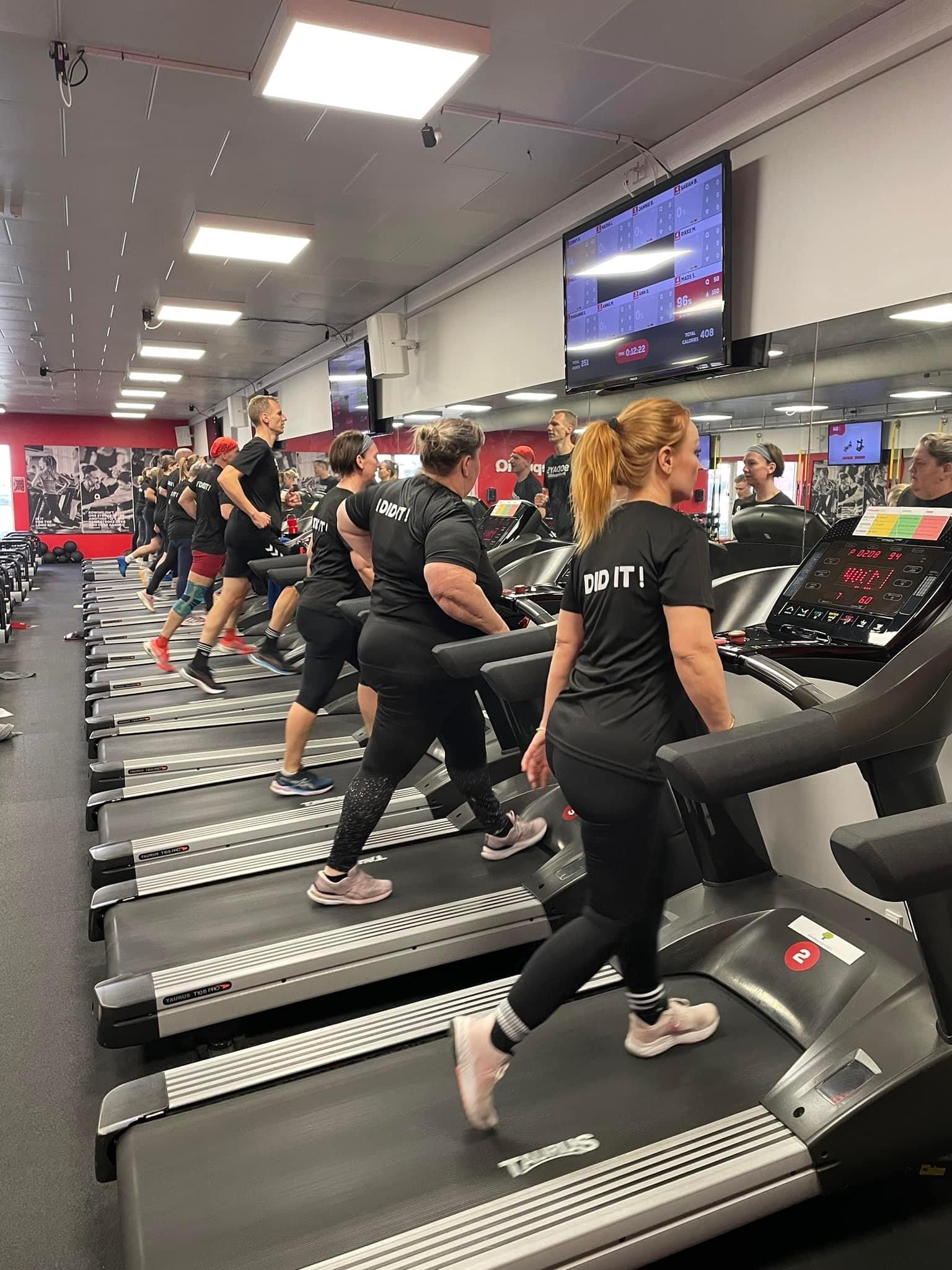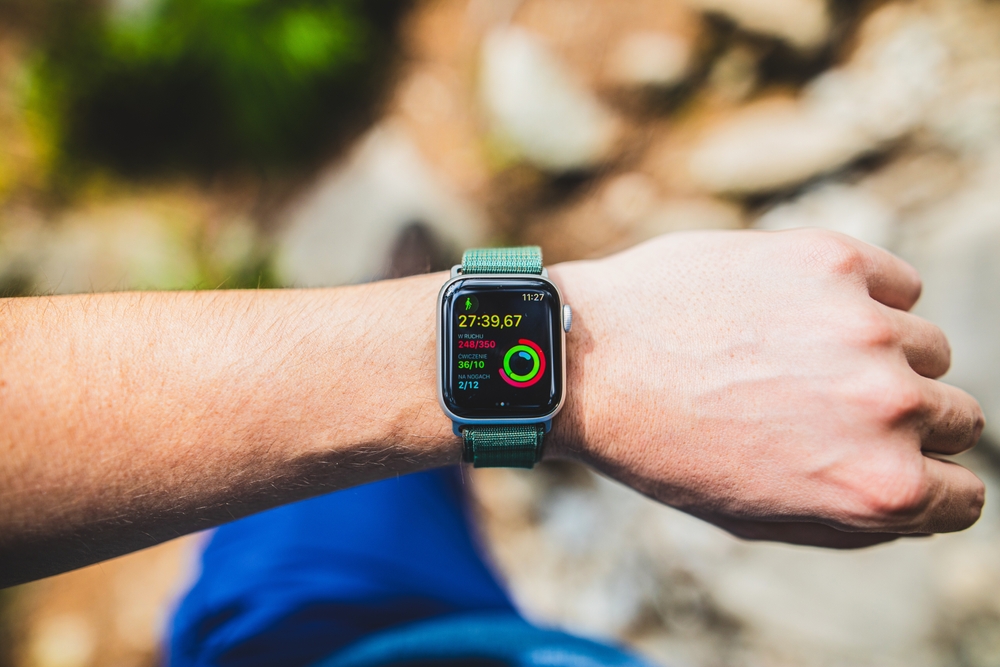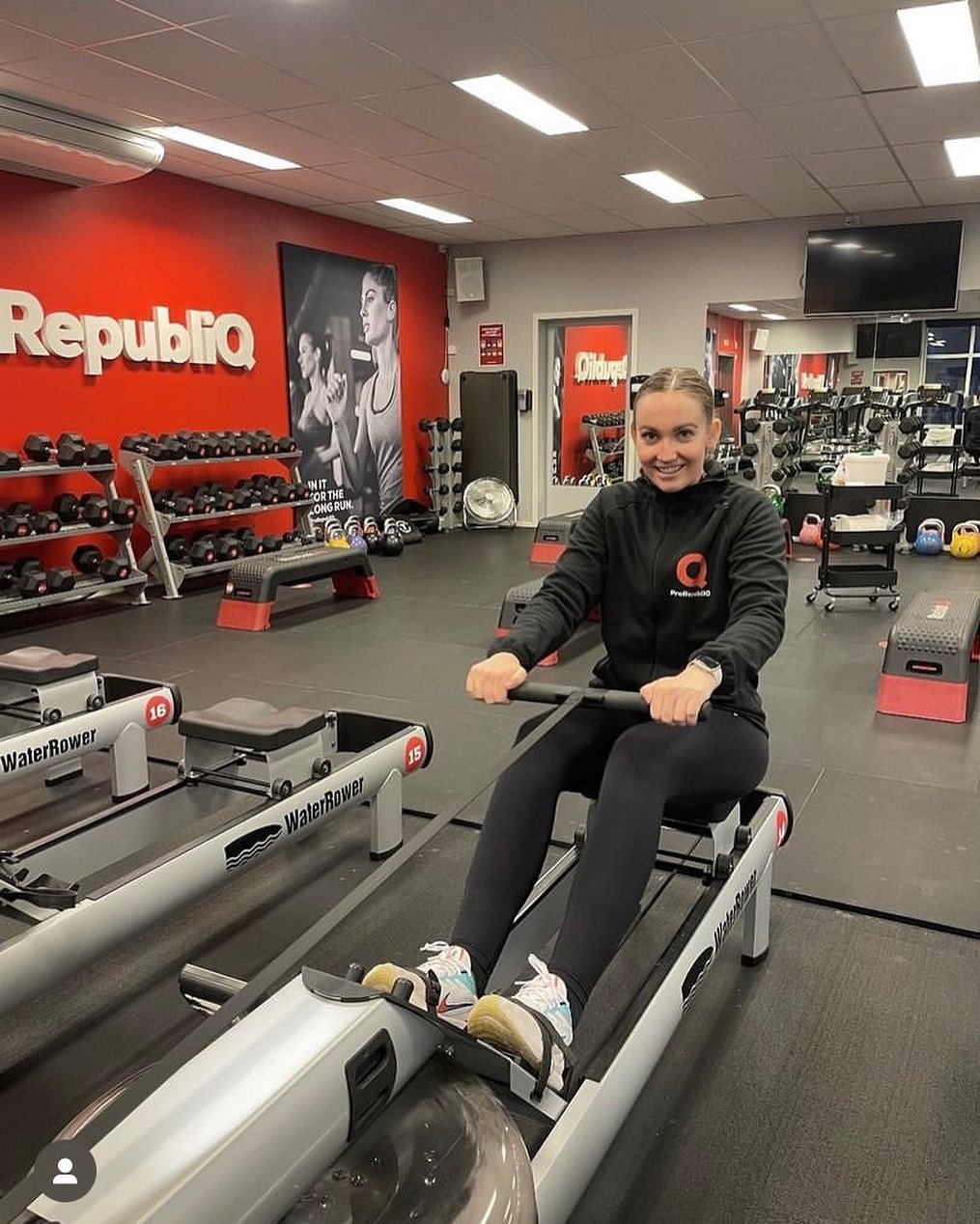Introduction
In the pursuit of a healthier lifestyle, monitoring and understanding your heart rate can be a game-changer. A key tool in achieving this is the heart rate monitor. This small, wearable device has evolved beyond being a fitness trend and has become an essential companion for anyone aiming to optimize their cardiovascular health. In this article, we will explore the significance of heart rate monitors, their benefits, and how they can contribute to a more effective and personalized fitness journey.
Understanding Heart Rate and Its Importance
Before delving into the benefits of heart rate monitors, it’s essential to understand the significance of heart rate itself. Heart rate, measured in beats per minute (bpm), reflects the number of times your heart contracts in a minute. It serves as a vital indicator of your cardiovascular fitness and overall health.
- Resting Heart Rate (RHR): Your resting heart rate is the number of beats per minute when you’re at complete rest. A lower RHR is generally associated with better cardiovascular fitness.
- Target Heart Rate (THR): This is the range within which your heart rate should stay during aerobic exercise to maximize benefits and improve cardiovascular health.
Benefits of Heart Rate Monitors
- Accurate Intensity Control: Heart rate monitors provide real-time feedback on your heart rate, allowing you to gauge the intensity of your workout. This ensures that you are exercising in the optimal heart rate zone for your fitness goals, whether it’s fat burning, endurance building, or cardiovascular improvement.
- Personalized Training Zones: With a heart rate monitor, you can establish personalized training zones based on your fitness level and goals. This helps tailor your workouts to be more effective and efficient.
- Goal Setting and Progress Tracking: Heart rate monitors enable you to set realistic fitness goals and track your progress over time. Seeing improvements in your heart rate metrics can be a powerful motivator.
- Prevention of Overtraining: Monitoring your heart rate can help prevent overtraining, a common pitfall for fitness enthusiasts. Overtraining can lead to fatigue, injuries, and a plateau in fitness progress. A heart rate monitor can signal when it’s time to dial back the intensity.
- Health Monitoring: Consistent monitoring of your heart rate can serve as an early warning system for potential health issues. Sudden changes in resting heart rate may indicate overtraining, illness, or other health concerns.
Choosing the Right Heart Rate Monitor
- Chest Strap Monitors: These provide highly accurate readings and are suitable for various activities. They transmit data wirelessly to a compatible device.
- Wrist-based Monitors: Found in many fitness trackers and smartwatches, these monitors use optical sensors to measure heart rate through the skin. They are convenient but may be less accurate during certain activities.
- Smartphone Apps: Numerous apps use your phone’s camera or sensors to measure heart rate. While convenient, their accuracy may vary.
Conclusion
In the quest for a healthier heart and overall well-being, a heart rate monitor can be a valuable ally. By providing real-time data, personalized feedback, and the ability to track your progress, these devices empower individuals to take control of their cardiovascular fitness. Whether you’re a seasoned athlete or just starting your fitness journey, a heart rate monitor can enhance your workouts, prevent overexertion, and contribute to a more effective and sustainable approach to achieving your health and fitness goals. As technology continues to advance, the synergy between our hearts and these monitoring tools holds the promise of a healthier, fitter future.
















